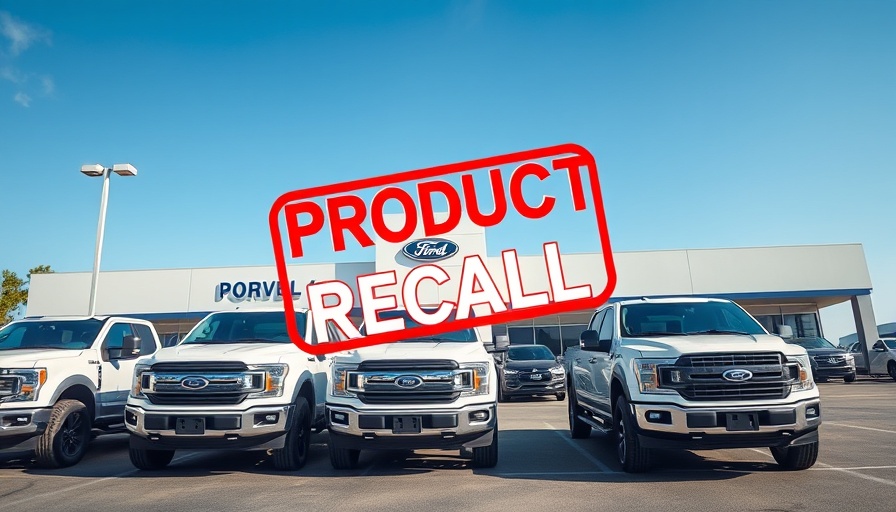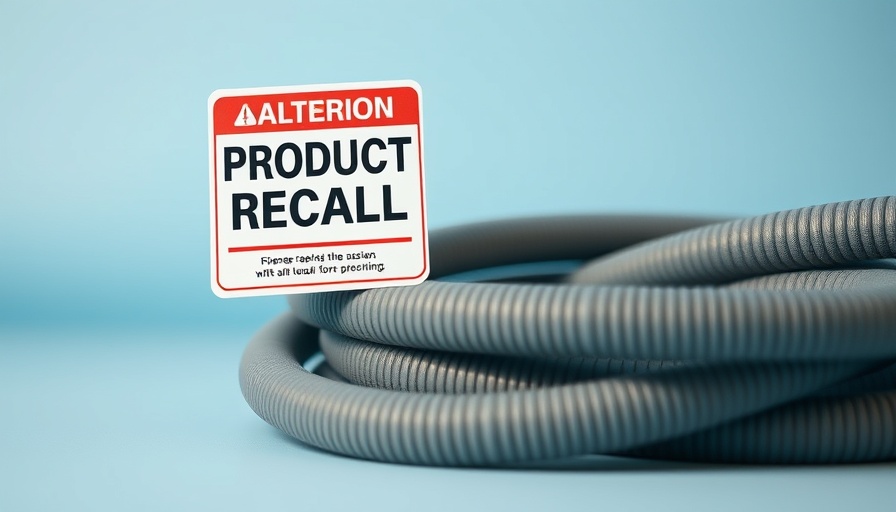
Ford Issues "Do Not Drive" Order for Over 2,300 Vehicles
The automotive world is buzzing with alarming news as Ford issues a major warning concerning over 2,300 vehicles. Due to a serious brake defect, these vehicles are now under a "Do Not Drive" directive, a rare and critical action that emphasizes the severity of the issue. The National Highway Traffic Safety Administration (NHTSA) highlights the risks associated with this defect, stressing the importance of adhering to this warning.
Understanding the Brake Defect
The heart of the matter lies in a potentially faulty brake booster pushrod retaining spring. If this spring is not installed correctly, the pushrod could disconnect from the brake pedal during operation—a malfunction that may lead to a sudden loss of braking capability. This component failure not only threatens the safety of the vehicle's occupants but also poses a risk to other road users. Essentially, a sudden loss of brake functionality can significantly increase the likelihood of a serious accident.
Vehicles Affected by the Recall
Ford has identified several heavy-duty models impacted by this defect. The affected vehicles include:
- 2025 F-550 SD
- 2025 F-450 SD
- 2025 F-350 SD
- 2025 F-250 SD
Owners of these vehicles are urged to stay alert for a mail notification from Ford, which has been circulated since the end of June 2025. If you possess one of these models, take the warning to heart—these are not minor fixes but potentially life-threatening flaws.
The Importance of the “Do Not Drive” Order
Receiving a "Do Not Drive" order can be alarming; however, it's crucial to understand its gravity. This directive is not issued lightly. In fact, it highlights how serious the defect is and emphasizes the immediate need for action. Following the protocol not only protects the driver but also ensures broader road safety.
Steps Ford Is Taking to Fix the Problem
To alleviate this pressing concern, Ford is stepping in with a free repair service for affected vehicles. The automaker promises to inspect and, if necessary, repair the brake pedal assembly to ensure the safety of the fleet. Given the danger associated with faulty brakes, it's vital to act promptly. Vehicles should remain parked and not operated until repairs are completed.
What You Can Do as an Owner
If you're a Ford truck owner and have received a notice regarding this recall, the best course of action is clear. Here’s what you can do:
- Do Not Drive: Keep your vehicle off the road.
- Contact Ford: Reach out to Ford Customer Service at 1-866-436-7332 to schedule your inspection and repair.
- Stay Informed: Follow updates from the NHTSA and Ford regarding the recall status and safety information.
Remember, prioritizing your safety and that of others on the road is paramount.
Contextual Importance of Vehicle Safety
This incident sheds light on a broader issue: vehicle safety recalls are critical to maintaining trust in automotive engineering. According to data from the NHTSA, nearly 60 million vehicles were recalled in the United States in 2021 alone—an indication of the industry’s challenges in ensuring vehicle safety. Recalls serve as essential reminders for manufacturers and consumers alike about the importance of vigilance and quality control.
Future Implications for Ford and Auto Industry
Looking forward, this incident could lead to more scrutiny over manufacturing processes in the automotive industry. Companies might need to invest more in quality control measures to prevent similar issues from occurring. As consumers become increasingly aware of safety standards, they may also demand more transparency from automakers.
Conclusion
The Ford recall emphasizes the need for immediate action if you own an affected vehicle. Keeping abreast of safety news and responding quickly to recalls can prevent tragic accidents. If you're driving one of the affected models, make an appointment with Ford now. Your safety is paramount!
 Add Row
Add Row  Add
Add 




Write A Comment